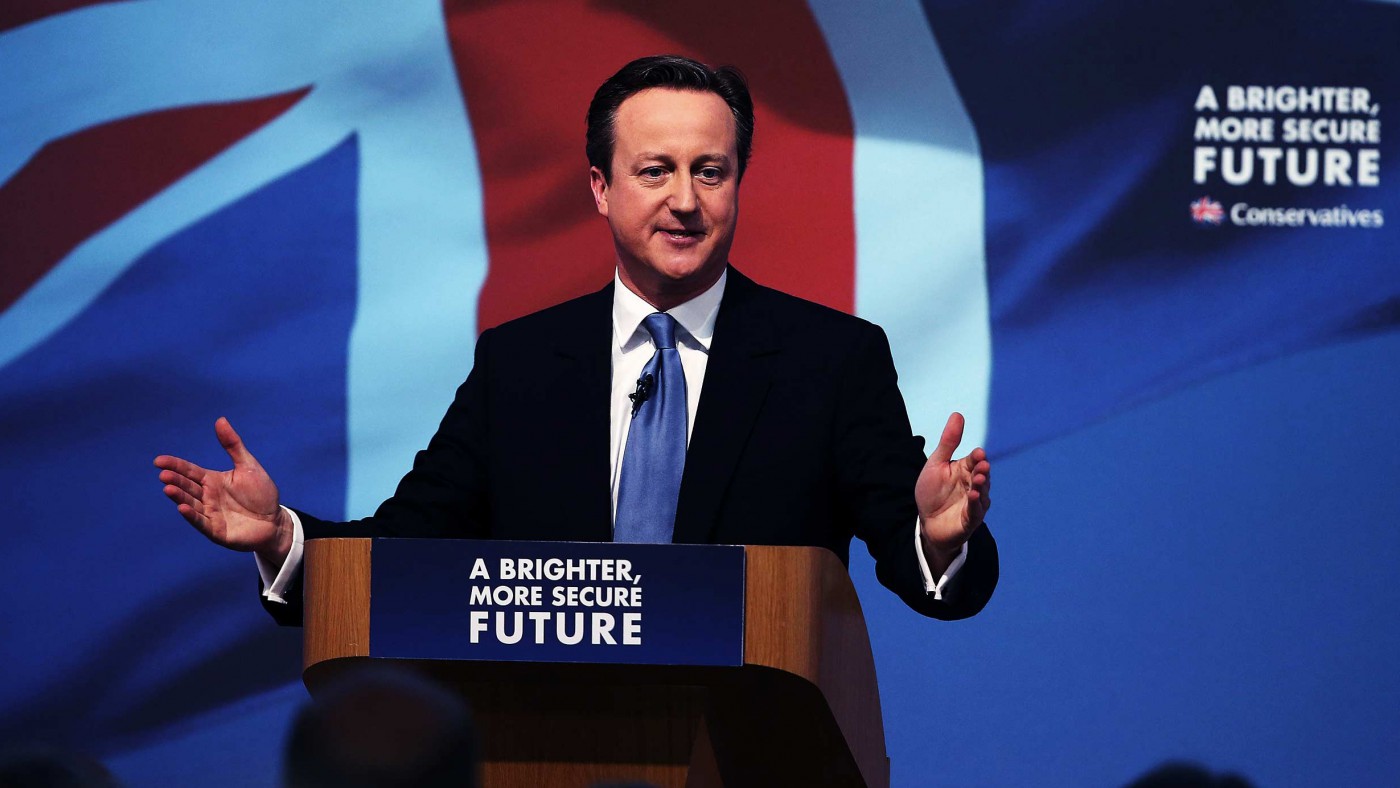Does it matter if the British Labour party elects a bearded socialist who wants to nationalise much of the economy? Although Jeremy Corbyn may well win the leadership of his party (he was a 100-1 shot just a few months ago) he will not win a general election. The battered Labour party needs to pick up seats in the populous south of England, where the Tories are strong and not many voters know the words to that old Labour anthem “the Red Flag.”
That does not make Corbyn’s rise any less extraordinary. He entered parliament in 1983 and is about the most unlikely leader imaginable when one takes account of his attire and pretty hard-left views on taxation and private enterprise. His emergence tops a year of bizarre goings-on in British politics. The recent past, when former Lib Dem leader Nick Clegg was deputy Prime Minister, and the media carried long profiles of the then Labour leader, Ed Miliband, feels as though it happened a century ago or on a different planet.
Since then, David Cameron has won an overall majority and in response to Labour’s defeat the Corbynistas have appeared, mirroring developments elsewhere in Europe and the US, where populists of the Left and Right are gunning for the impossiblist vote, from those citizens who have had enough of the mainstream parties.
Writing for CapX this week, I explained why I think the Conservatives in the UK should not spend too much time celebrating these developments. Not because Corbyn will sweep all before him, but because the emergence of a new left movement will exert a leftwards gravitational pull on the media and public debate.
Of course, the crisis in Labour is also a tremendous opportunity for the British Tories, if they handle it correctly in the next few years. With Labour going bananas, there is a chance for the Tories to create a new and enduring settlement, and a rethinking of the state. That will mean fresh thinking on engineering a lower, flatter, simpler tax system. New ideas are also required on education, if the reforms introduced by Michael Gove, and before that New Labour, are not to be squandered. In healthcare and foreign and defence policy too there are opportunities.
At home, the prize is a smaller and more effective state new technology. It is not entirely clear – yet – whether the Tories understand the scale of what is possible, although Chancellor George Osborne, a leadership contender post-Cameron, seems interested. And Boris Johnson, the Mayor of London, needs to.
The race for the Tory leadership, which is already underway underneath the surface because of Cameron’s unnecessary announcement during the election campaign, must be about much more than a personality driven squabble between Osborne and Boris.


